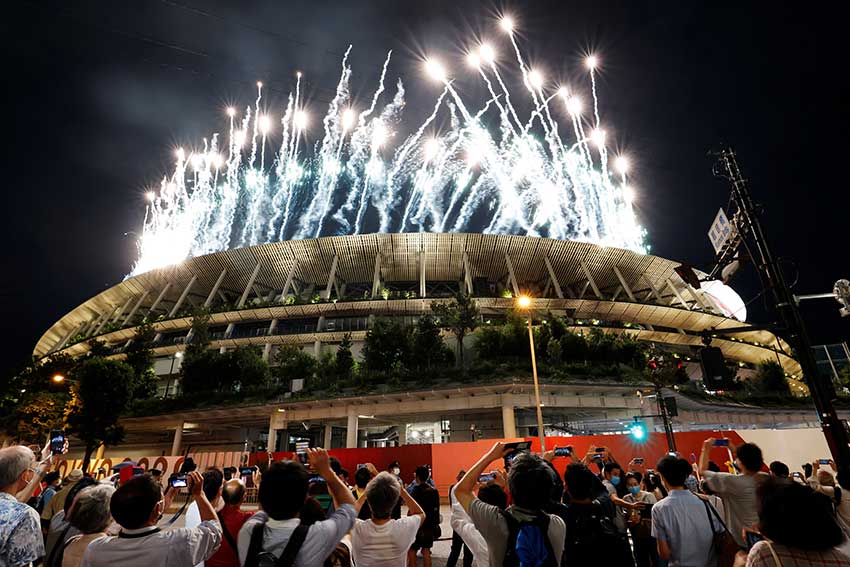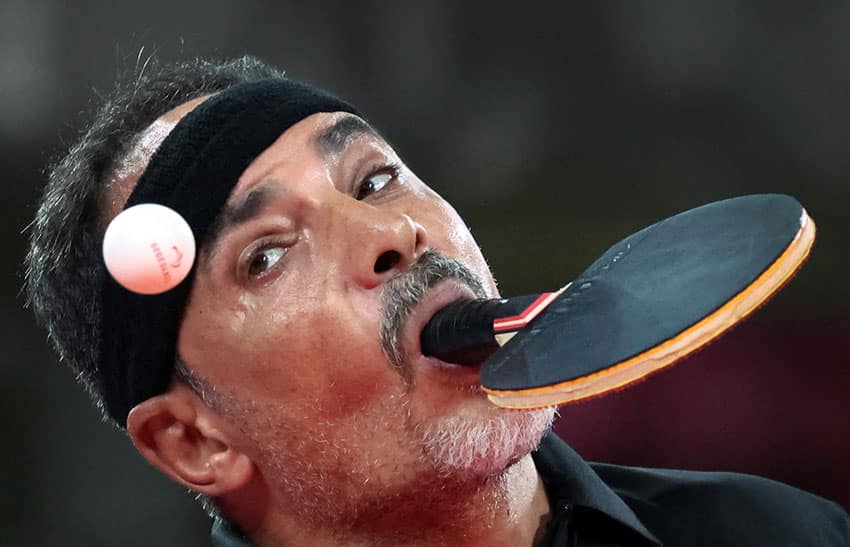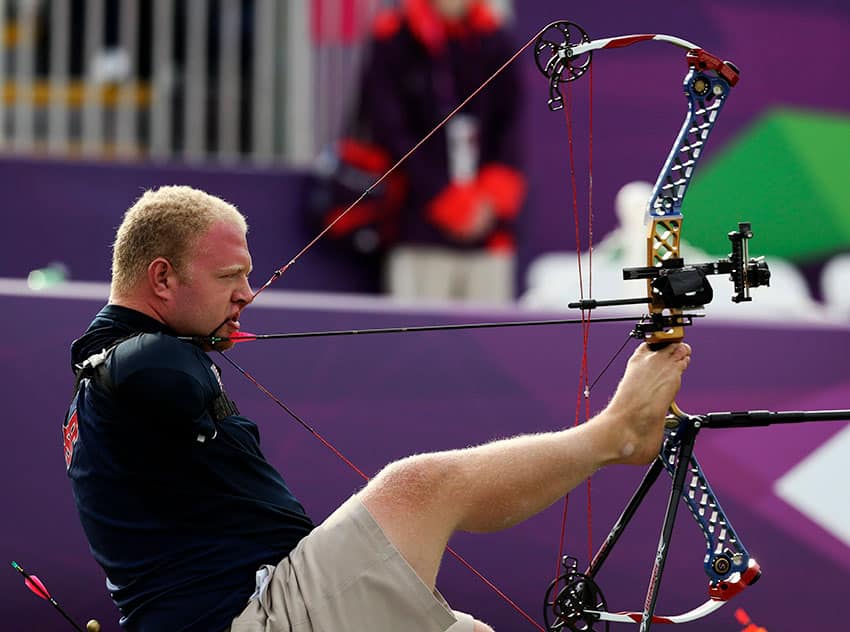
Globally, the most viewed Olympic events are not the sports but the Opening and Closing Ceremonies. With the Olympians now back home and the Paralympics just concluded, it’s timely to reflect on what has and hasn’t worked previously for the ceremonies and how Brisbane might approach what will be vital events for Australia.
Firstly, forging deeper connections between the Olympics and Paralympics could be considered. The Commonwealth Games now include able-bodied events alongside competitions for athletes with a disability: there are presumably reasons for having separate Olympic and Paralympic Games, but could the Ceremonies be more integrated?
There’s currently a 16 day gap between the Olympics and Paralympics – maybe this could be reduced, perhaps significantly? No doubt there are logistical considerations but what of the likely increased interest of moving the Games closer so they effectively become one great festival rather than two? Tweaking the schedule could be a win-win for Paralympians and the networks.

Sydney 2000 set the standard
As for the Olympics, the Sydney 2000 Closing and Opening are the third and fourth most viewed events in Australian television history but we shouldn’t forget the Australian audience is less than one per cent of 3 billion people tuning in.
Sydney’s Opening was outstanding and Cathy Freeman lighting the flame an iconic moment for Australia. These Ceremonies naturally help to emphasise a national identity for the host country but it’s vital a clear focus is also maintained on the global audience. This is of particular importance for Australia where tourists have to spend real money to get here. The Olympics are our most expensive promotion – we should be careful not to misread the market.
There are tensions and synergies in serving both a local and international audience. Our Indigenous heritage, the Australian story and the beauty of our landscape should all be key themes as they were in Sydney whilst Aussie humour will also have a role to play again.

Celebrate uniqueness – in a global context
Giant thongs, kangas on bikes, and combi vans have all appeared previously but we should tread carefully with the ‘in-jokes’. London’s comic relief was very effective with Mr Bean in Chariots of Fire and the Queen parachuting with James Bond.
There will need to be thousands of performers but there’s no medal for beating China for the number of drummers. It might also be helpful to view the ceremonies more in the genre of opera, ballet or as ‘cirque du soleil’ rather than as ‘school spectacular’.
Special care should be taken in casting local soloists, especially those with only limited profile overseas. The vast majority of the performers will be locals but we shouldn’t hesitate in inviting appropriate and recognised overseas artists. In Sydney there was some controversy around casting international performers, but with the global audience expanding, parochialism should be avoided.

John Lennon? Really?
Barcelona 1992 powerfully engaged international artists commissioning Lloyd Webber’s mixed-language song Amigos para siempre – England’s Sarah Brightman singing with Spanish tenor Jose Carerras. Brightman then sang for Beijing 2008 alongside Chinese artist Liu Huan in You and Me.
Less effective has been the tradition since 2018 of incorporating John Lennon’s Imagine as an international-feature of the Opening Ceremonies. Bringing recognised stars together to perform is a unifying move but instead of Imagine, the IOC should commission it’s own song as happened in Barcelona and Beijing.
Imagine is neither mixed-language nor does it have anything specific to do with sport: the music is moving but the lyrics are problematic.

With the athletes of the world gathered together, singing “Imagine there’s no countries” seems odd, especially for nations that have fought hard to gain their independence. Imagine “no religion” could also be interpreted as a reproach to Israel, to Muslim countries and the thousands of Christian, Buddhist, Hindu and other religious athletes. Expressions of religious devotion amongst the athletes was one of the recurrent images from Tokyo.
Presumably Imagine won’t be included for Beijing 2022 where such a song has the real potential to highlight religious freedom controversies especially relating to Muslim Uyghurs in the north.
Avoiding politicisation in general should be a priority and limiting the speeches might be a good start. With 3 billion watching, what’s the point in hearing from a local mayor elected perhaps six months prior to the Games? If we want to say ‘welcome’ or ‘thank you’, can we say it in song, or if speeches are essential, can they be strictly limited and worded in the style of “I declare the Games open/closed”?

Join the two events?
As for the Closing, could there be reconsideration of the inspiring story of John Wing, a Chinese-Australian boy living in Melbourne in 1956? Although not even a competitor, Wing helped save Melbourne’s Closing Ceremony at a difficult time by writing to the IOC suggesting the athletes walk in together ‘as one nation.’
But what of the Paralympics? Maybe a variation on John Wing’s idea could provide an inspiration:
Perhaps the Paralympics could go first with their two weeks of competition running right up to the start of the Olympics. The Olympians always arrive early meaning they’ll be there to support the Paralympians. And the concluding days of the Paralympics then become the backdrop for every news story leading up to the Olympics.
To top it off, the Closing of the Paralympics could be integrated into the Olympic Opening Ceremony with the athletes walking in together.
Let the preparations for the Games begin!
Related
